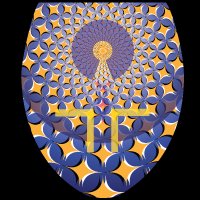GENERATING THE ALTRUISTIC MIND OF AWAKENING
The ceremony for generating bodhicitta, the altruistic mind of awakening. Among the audience, those who are practicing Buddhists can participate fully in this ceremony. Those who are not Buddhists can participate in the ceremony as a means to strengthen your commitment to the ideals of compassion and altruism. Before you participate in the actual ceremony,…
